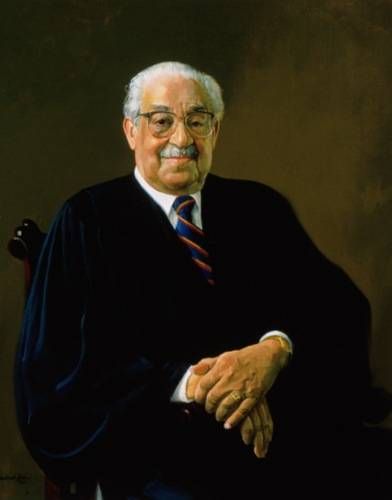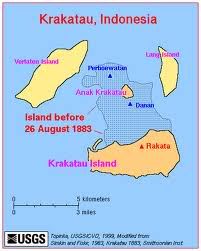“Punting the Pundits” is an Open Thread. It is a selection of editorials and opinions from around the news medium and the internet blogs. The intent is to provide a forum for your reactions and opinions, not just to the opinions presented, but to what ever you find important.
Anne Applebaum: ‘It’s too soon to tell’ how the Iraq war went
On Tuesday, Barack Obama will make a speech about Iraq. With 50,000 troops still in the country in an “advisory capacity” he can’t declare victory, so he will instead celebrate “the end of combat operations.” If he follows others who have already marked this occasion, his comments will focus on Iraq: the state of Iraqi democracy, the level of violence, the impact seven years of war has had on Iraqi society.
All of which is fair enough. But I hope he spares a few minutes to assess the impact that seven years of war has had on American society — and American foreign policy. I supported the invasion of Iraq, I think the surge was a success and I believe that an Iraqi democracy could be a revolutionary force for good in the Middle East. Yet even if violence abates, even if all American troops go home, we have still paid a very high price for our victory — much higher than we usually admit.
Aside from the very real blood and the very real money spent in Iraq, there were other casualties, some of them hard to count and classify.
E.J. Dionne Jr.: Obama needs to relearn the art of politicking
President Obama’s address to the nation on Iraq this week underscores the agony of his presidency and its core political problem.
Seen from the inside, the administration is an astonishing success. Obama has kept his principal promises and can take credit for achievements that eluded his Democratic predecessors.
He pledged to have all combat troops out of Iraq by the end of this month and, as Obama will remind us on Tuesday, he’s accomplished just that. Congress enacted a comprehensive health-care bill and a sweeping reform of how the financial system is regulated. His rescue of the American auto industry worked, foiling predictions that he’d run GM and Chrysler as if they were arms of Chicago’s Democratic machine. There are many other legislative and administrative actions that, in normal circumstances, would loom larger if these were not such exceptional — and difficult — times.
Yet the challenging nature of the moment does not explain all of the president’s struggles. It’s true that his accomplishments will have important long-term effects, even if they have not resolved the country’s central concern: the continuing sluggishness of the economy.



 Welcome to the Stars Hollow Health and Fitness weekly diary. It will publish on Saturday afternoon and be open for discussion about health related issues including diet, exercise, health and health care issues, as well as, tips on what you can do when there is a medical emergency. Questions are encouraged and I will answer to the best of my ability. If I can’t, I will try to steer you in the right direction. Naturally, I cannot give individual medical advice for personal health issues. I can give you information about medical conditions and the current treatments available.
Welcome to the Stars Hollow Health and Fitness weekly diary. It will publish on Saturday afternoon and be open for discussion about health related issues including diet, exercise, health and health care issues, as well as, tips on what you can do when there is a medical emergency. Questions are encouraged and I will answer to the best of my ability. If I can’t, I will try to steer you in the right direction. Naturally, I cannot give individual medical advice for personal health issues. I can give you information about medical conditions and the current treatments available. 



Recent Comments